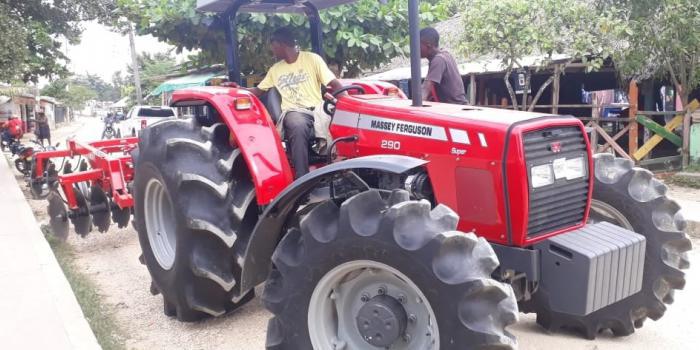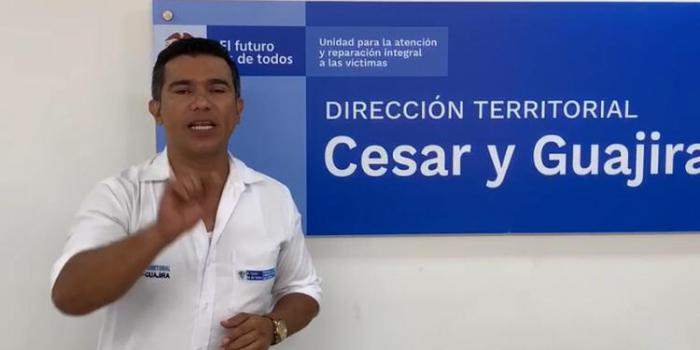
Victims in Cesar and La Guajira may benefit from credits for agriculture
This was confirmed by Víctor Mosquera, director of that Territorial Unit for Victims, after requesting all survivors to contact municipal liaisons to process their applications and make these benefits a reality.


The director of the Territorial Cesar-La Guajira of the Victims Unit, Víctor Mosquera, announced that the entity's efforts were strengthened, together with Finagro, to channel the offer of credits with a special character for the victims of armed conflict in that region.
The agreement seeks to support the recovery of the productive capacity of the victims and comply with the provisions of article 129 of Law 1448.
Mosquera said after holding a meeting with all the victims' liaisons from the municipalities, the delegates from the victim participation tables and from the Agrarian Bank of Colombia that "he hopes to materialize the work with everyone's support".
“So we invite all victims to approach the links, through the different media and in the midst of this pandemic, so that in this way we can address them and we can guarantee that the offer of special credits for victims is a reality for all of you”, he stressed.
In his opinion, "this is the way in which we warmly and with commitment embrace our victims".
The deputy director of Individual Reparation, Alexandra María Borja Pinzón, indicated that “the Unit makes a contribution to cover a percentage of the interest rate of the credits that the financial entities grant to the victims, therefore, the credits will have a rate of preferential interest”.
In accordance with article 129 of Law 1448 regarding the REDUCTION RATE, “Finagro and Bancoldex, or the entities that take their place, will establish rediscount lines under preferential conditions aimed at financing the credits granted by credit establishments to victims referred to in this law, to finance activities aimed at recovering their productive capacity".
This special line of credit can be accessed by small, medium or large producers who carry out activities in the agricultural and fisheries sector, as well as projects associated with mining and social tourism and handicrafts, and which are in the Single Registry of Victims. According to the deputy director, "labor, infrastructure construction, purchase of machinery and equipment, purchase of supplies and livestock are financed".
He specified that "if the victim is a producer, he must approach the financial institution of his choice, make it known that he is a victim of armed conflict and that he is requesting access to the benefit established in the special line of credit for victims".
(End/AMA/LMY)






